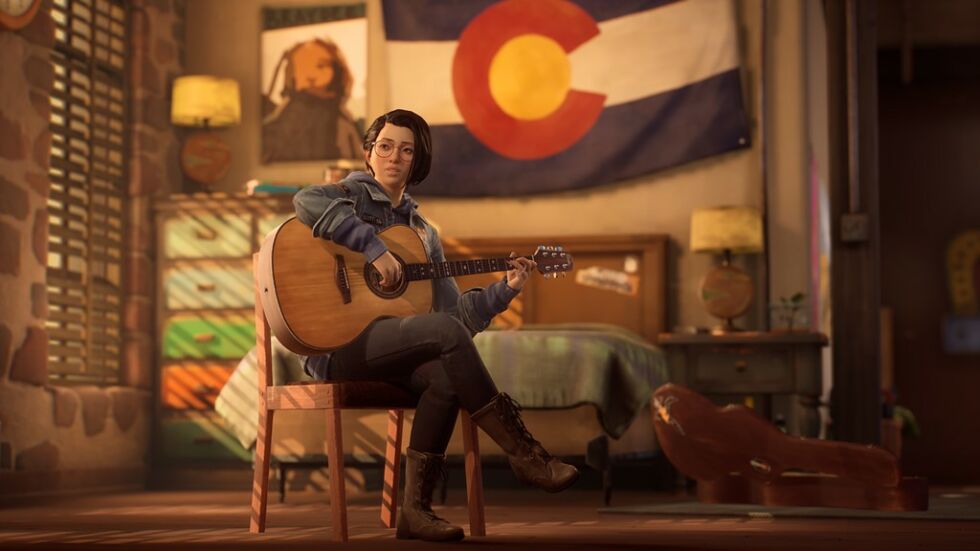-
chevron_right
Trevor Griffiths: Mancunian Marxist whose political plays deserve revival
news.movim.eu / TheGuardian · Tuesday, 2 April - 10:40 · 1 minute
Griffiths, who has died aged 88, explored the conflict between reform and revolution in plays and scripts from the film Reds to dramas such as Occupations, The Party and Comedians
Of all the political dramatists who emerged in Britain in the late 1960s, Trevor Griffiths, who has died aged 88, was the most fervent and committed. As a Mancunian Marxist he brought to theatre his love of dialectic. He also believed passionately in “strategic penetration” of the citadels of culture. He succeeded, in that plays such as The Party and Comedians were taken up by the National Theatre; Bill Brand, an 11-part series about the frustrations of parliamentary democracy, was shown on ITV; and his screenplay for Reds, co-authored with Warren Beatty and based on John Reed’s account of the Russian revolution, Ten Days That Shook the World, became an Oscar-winning Hollywood movie.
If there was one theme that informed Griffiths’s work, it was the conflict between reformist pragmatism and revolutionary idealism. It was there in an early work like Occupations, first seen at the Manchester Stables in 1970 and quickly picked up by the RSC for a production starring Patrick Stewart and Ben Kingsley. Set in Turin in 1920 at a time when every engineering factory in northern Italy had been taken over by the workers, the play involves a head-on confrontation between Kabak, a businesslike Comintern representative, and Antonio Gramsci, the Sardinian firebrand advocating shop-floor soviets.
Continue reading...

